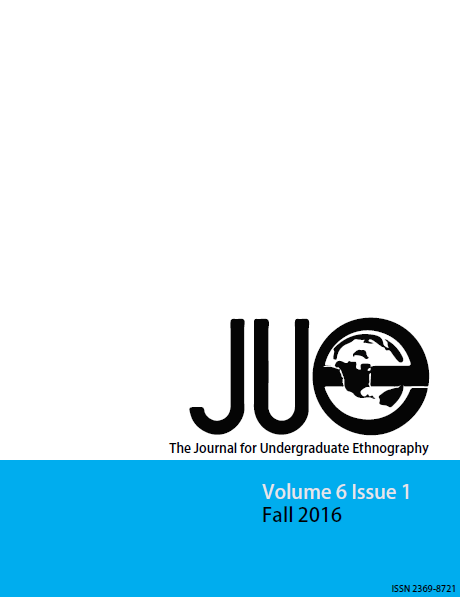Economies of Waste: Rethinking Waste Along the Korle Lagoon
DOI:
https://doi.org/10.15273/jue.v6i1.8275Abstract
This article focuses on practices of recycling that have emerged along the Korle Lagoon in Accra, Ghana in an attempt to rethink the role of trash in the city. Many have predicted that the city‘s garbage nightmare will be its doom. Much of Accra‘s trash ends up along the Korle Lagoon, near Old Fadama and thus the slum is blamed for the pollution of its waters. In what follows, I first examine instances of these allegations from the present day, and then juxtapose them with archival evidence. Using the historical record, I show that the history of trash in the Korle extends earlier than the establishment of the settlement and that moreover, the pollution of the lagoon begins upstream even before it passes by the slum. Old Fadama, I argue, is not—as has been believed—the principal polluter of the Korle. Instead, using ethnographic evidence from fieldwork conducted along the lagoon, and drawing inspiration from the concepts of the biological city developed by Wolman, Girardet and Gandy, the article suggests that rather than holding Accra back, the economies of waste facilitated by the lagoon and the slum have actually rechanneled some of this refuse, thereby contributing to certain forms of city-making.


